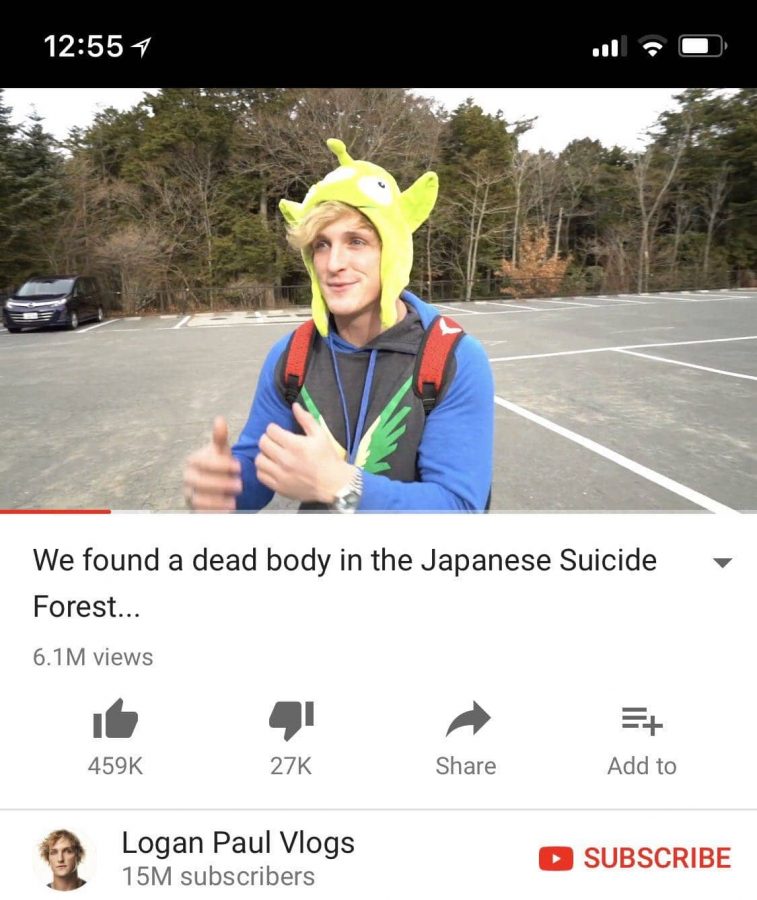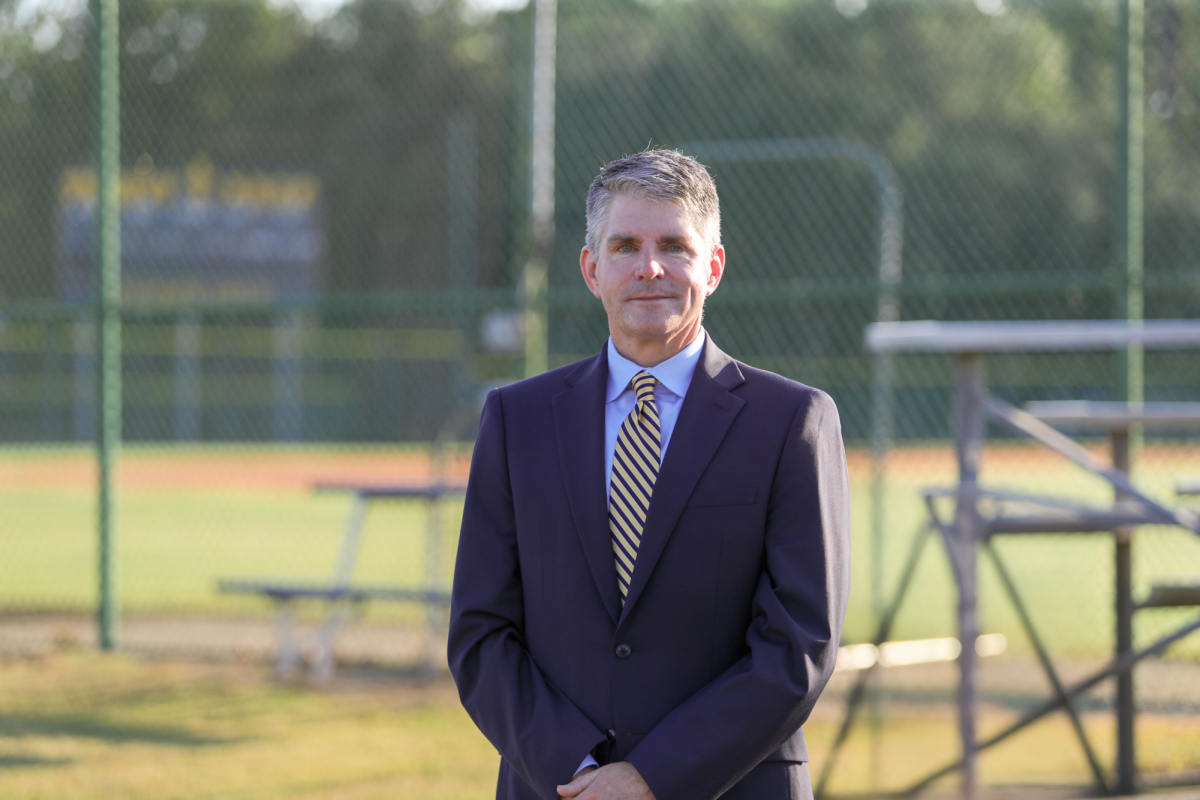On Dec. 31, 2017, vlogger Logan Paul decided to visit the Aokigahara forest—also known as the suicide forest—by Mount Fuji to “look for ghosts” after spending several days in Tokyo. The forest gets its name from the hundreds of people who take their lives in the woods every year.
After publishing a video titled “We found a dead body in the Japanese Suicide Forest,” Paul received intense criticism for showing the corpse of a suicide victim and using the body as a prop for his thumbnail. Although he issued an apology to the family, the vlog gained more than 6.1 million views and 600,000 comments about his disrespectful behavior.
The relative ease with which YouTube stars are able to publish controversial content should prompt online platforms to reevaluate their policies regarding censorship and ad placement. YouTube stars are often incentivized to post eye-catching footage—regardless of how ethical—to attract viewers and potential subscribers.
“There is very little censorship,” Computer Science Department Chair Ralph Mazza said. “If something catches the eye of the community, it can go viral and is out there for millions of people to see.”
Most YouTubers and former Vine stars are driven to create controversial videos in order to generate revenue. Each YouTuber develops his or her own personality to match the style and genre of the published videos.
“After Logan Paul posted the video, people have a natural inclination [to] go to his site,” Mazza said. “They are going to be curious to see what it is about. As a result, the YouTuber will receive free advertising, since the media has gotten a hold of the content and the publicity.”
YouTube as a platform has transformed drastically since its inception. Starting off as a platform to share videos, it has evolved into a viable career path. As such, just like in reality television, people try to grab attention in easy but calculated measures. A decade ago, YouTube had a “Featured Videos” page where it showcased high-quality videos that it felt deserved to reach a wider audience. Now, quantity is valued over quality, and YouTubers have to resort to clickbait in order to garner enough views to be shown off on the site’s homepage.
“Although Youtube is moving closer to the lines of reality, [it] is generally less scripted,” Mazza said. “Therefore, blunders can happen where people post videos when they are not sure how people will react. It is a form of entertainment, so the more controversial the videos are, the bigger audience it will draw.”
Teenagers are usually unable to distinguish between what is staged and unstaged. They tend to idolize YouTubers and are unaware of the subtle advertising gestures placed all throughout their videos. Using a variety of these marketing tactics, Paul has strategically brainwashed his audience by placing links to his online store in his content and referring to his trusty followers as the “Logang.”
“Most children are looking for quick entertainment, and YouTube is an easy platform to do it with,” Mazza said. “Creators are willing to sell their products and their merchandise in any way they can.”
Paul’s official channel has about 4.3 million subscribers, while his vlog channel has more than 15 million subscribers—a number that has only increased since the suicide video.
Leading up to the incident, Paul’s actions in Japan have been questionable. Paul carried over his comical personality into Japan by throwing objects at moving cars, placing dead fish on the back of taxis and shouting in sacred shrines. As a result, YouTube has recently strengthened its guidelines surrounding partners and monetization to specifically review popular videos before approving ad placements.
“A lot of TV shows have taken years to get on the air, while YouTubers have to keep up with the constant demand of posting videos,” Mazza said. “Therefore, blunders can happen and videos are becoming increasingly controversial, since they are trying to pull people in.”
In the United States, photography is part of everyday life. However, Japan’s laws are more strict, since privacy is highly valued. Although Paul has addressed this issue by blurring out the face of the victim, his video has brought on greater ramifications for foreigners who want to visit or work in Japan. Since YouTube offers so many opportunities, it is critical that creators change their ideals in order to teach morals for future generations.
“[YouTube] has created career opportunities in creating content, marketing, writing, videography and many other areas, similarl to mainstream media,” Director of Technology Denise Musselwhite said. “Bright and talented Trinity Prep students will find success in a myriad of careers, including YouTube.”
YouTubers will always find a way to thrive and survive. In the end, this is one issue that a few apologies and dabbing on the haters just can’t resolve.















